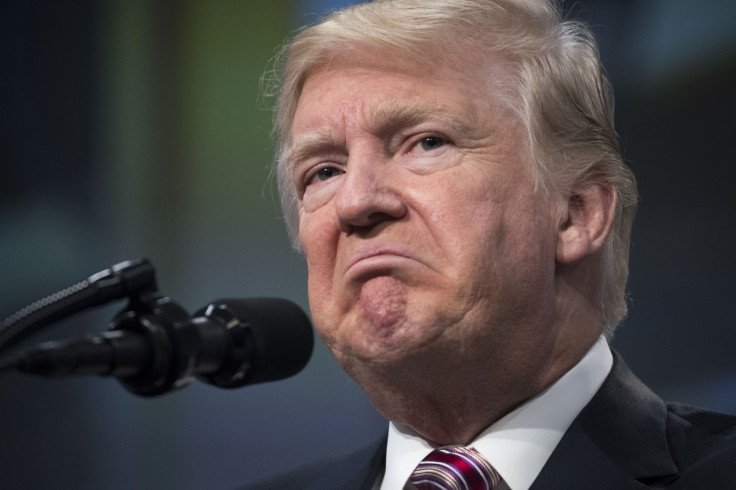Gaslighting: What it means and how to know if it's happening to you

KEY POINTS
- The term has been in use since the 1940s
- It is now used to describe a number of behaviours, many of which are demonstrated by Donald Trump.
Have you ever had a debate with someone with an opinion that really mattered to you and left it feeling stupid and lost? Chances are, they may have been gaslighting you.
'Gaslighting' is described as a form of manipulation through "persistent denial, misdirection, contradiction and lying" in order to undermine someone else's beliefs or memories, according to Oxford Dictionary. In essence, whenever someone undermines your grasp of an idea or makes you crazy – that's gaslighting.
Despite its recent use the term originated from the 1938 play Gas Light, which the main character was victim to her emotionally abusive husband. In it, the husband alters small elements of their environment yet insists she's mistaken whenever she notices them. Through destroying her perception of reality, he successfully enacts a unique kind of torment and abuse.
Since then, 'gaslighting' has experienced a recent political resurgence, thanks to Donald Trump. From New York Times and Teen Vogue to vocal psychologists such as Bryant Welch and Robert Feldman, the term has come back into modern lexicon. Trump's firm denial of things he's publicly said or done despite evidence are examples of him gaslighting the public and one of the reasons the term is frequently used now.
On the other hand, the term has also been aligned to issues of racism and it comes into play in a number of ways. One is that throughout history, the erasure ethnic minorities' narratives has sadly been a reality for a number of groups. The removal of their history from classrooms and textbooks is one example of how their perception of the world has been thrown into question.
Another example are daily occurrences such as the denial of white privilege – things like saying racism doesn't exist, stereotyping and generally disbelieving a person of colour's experience are all examples. The successful film Get Out which grossed $254 million, brought these ideas into a visual representation. Through horror tropes and ideas of suburban racism, Vox argued the film presents what gaslighting is like for black men and women.
In a recent use, an ex-worker of Lena Dunham called the actress out after she undermined a rape allegation against her friend. Writer Zinzi Clemmons wrote a letter in which she vowed never to write for Dunham's newsletter and called her out for "hipster racism" and concluded that in the end, this was undeniable gaslighting.
"I'd call their strain 'hipster racism', which typically uses sarcasm as a cover , and in the end, it looks a lot like gaslighting – 'It's just a joke. Why are you overreacting?'" Clemmons wrote.
Her letter pointed to the insidious and widespread gaslighting people of colour experience from people who pretend to know better. In a way this can be traced back to Trump and the way gaslighting is being used in politics to scare and confuse.
Ultimately, whilst the word is being used in widely differing uses today, it points to a sinister time in the way things are debated. In the post-truth era where the term 'fake news' is branded needlessly and information is questionable, evidently there's good reason to call out gaslighting whether it's because of racism or politics.






















